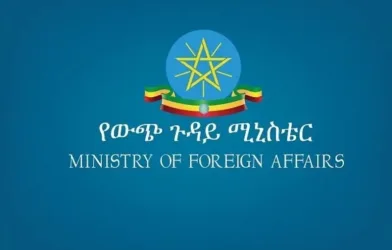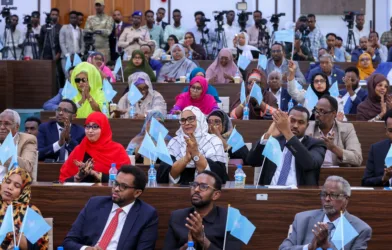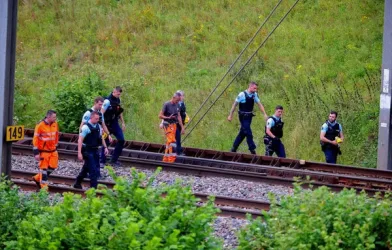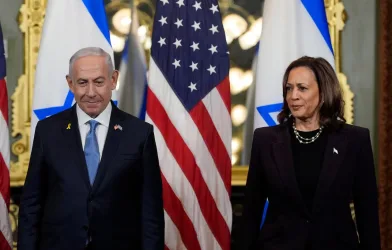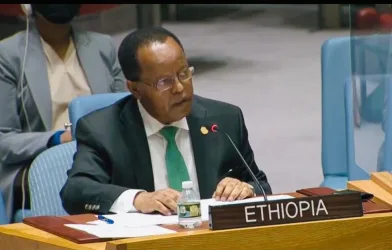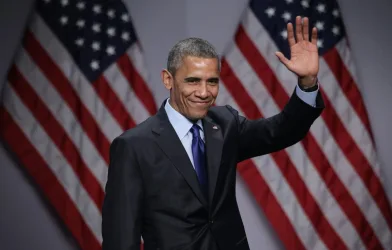 Parties to the conflict in Somalia can take immediate measures to lessen its impact on civilians, said CIVIC, the Washington-based organization advocating on behalf of civilians in war, in a report launched today. Civilian Harm in Somalia: Creating an Appropriate Response details what Somalis want in response to harm. Research was conducted with support from the United Nations High Commissioner for Refugees (UNHCR).
Parties to the conflict in Somalia can take immediate measures to lessen its impact on civilians, said CIVIC, the Washington-based organization advocating on behalf of civilians in war, in a report launched today. Civilian Harm in Somalia: Creating an Appropriate Response details what Somalis want in response to harm. Research was conducted with support from the United Nations High Commissioner for Refugees (UNHCR).
Drawn from over one hundred interviews,the report reflects civilians’ experiences living in Somalia and desire for formal systems to address inadvertent civilian harm. CIVIC makes technical recommendations to AMISOM and warring parties to track, investigate, and respond to civilian casualties they cause, drawing on traditional Somali dispute resolution mechanisms.
“Nothing will be able to bring back what Somalis have lost,” said Sarah Holewinski, executive director of CIVIC who conducted interviews in Mogadishu in April. “But civilians told us it’s important to be recognized and to receive tangible assistance for losses of property, life and limb.”
The report’s recommendations are made for all parties to the conflict. However, Al-Shabaab’s behavior in the conflict, including allegations of directly targeting civilians, suggests little interest in addressing the harm it has inflicted or in preventing further civilian casualties. The report identifies AMISOM as the probable leader in developing a system, given the broad agreement among AU leadership to minimize civilian casualties and properly respond to the harm it creates, as well as its role in mentoring Somali Transitional Federal Government (TFG) forces. The AU will need financial assistance and expert human resources to create the model mechanisms and procedures outlined in the report.
“Prevention of harm always comes first. But if those measures fail, all parties to the conflict with an interest in the well-being of the Somali people should have a response that matches the tragedy they’ve caused” said NikolausGrubeck, lead researcher and author of the report. “Mechanisms to track, analyze and make amends for civilian harm can and should be created immediately.”
Civilians felt that the traditional mechanisms held important lessons for responding appropriately to instances of harm, including focusing on reconciliation for the resolution of disputes and compensation. Respondents also felt that any mechanism should also be compliant with the basic principles of Shari’a law.
“The report provides an important guide in showing what responding to civilian harm in Somalia could look like, incorporating the voices and opinions of civilians on the ground,” said UNHCR Somalia Representative Bruno Geddo. “We hope that donors will provide adequate funding to AMISOM to implement its recommendations,” he added.
Source UNHCR
Somalia: Somali civilians say they want recognition for conflict losses
Published: November 11, 2011


